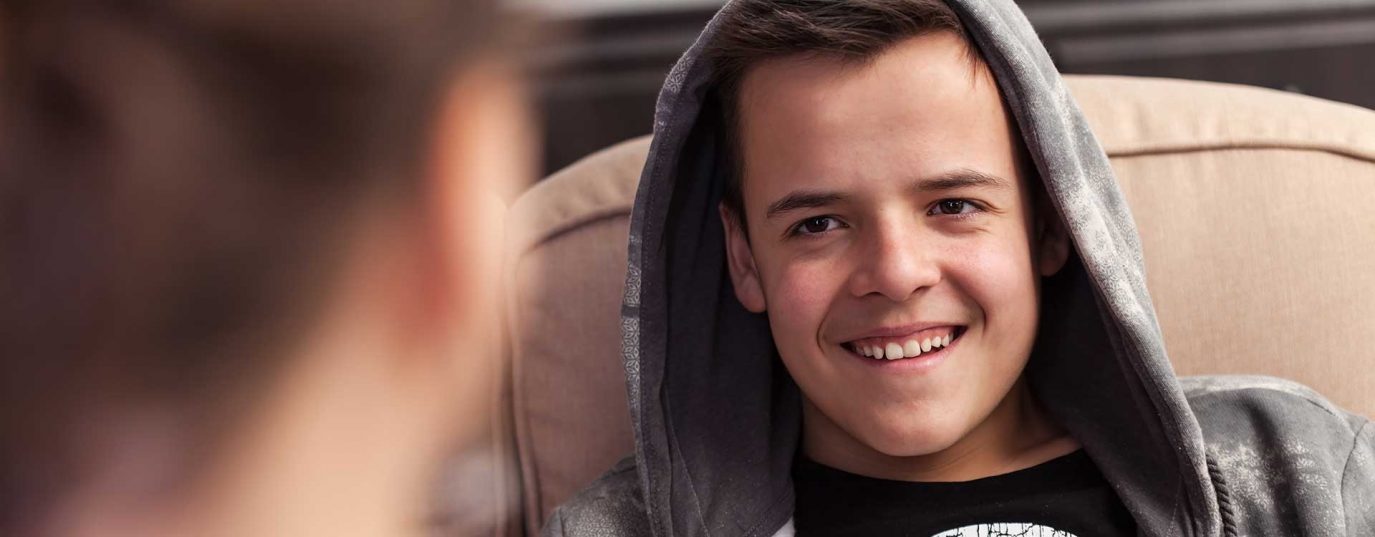Advances in modern medicine mean that more children with rare diseases are living into adulthood than ever before. This is hugely positive, of course, but it raises new challenges as healthcare providers grapple with transitioning more patients from paediatric to adult services. This change often exposes significant gaps in care which, if not addressed, can impact both physical and mental health.
The transition from paediatric to adult care can be a daunting time for young people with rare diseases. They will likely need to graduate from the support of a healthcare team with deep knowledge of their (often complex) medical history, and with whom they may have developed relationships of trust, to a new team of providers. And this all takes place while the young person is going through the broader changes associated with adolescence.
Changes in adolescence can be especially difficult for people with rare diseases
As young people with rare diseases reach adulthood, they are generally encouraged to take more control of their treatment. While this supports greater independence, it may also lead to adolescents making decisions about their healthcare which they have not discussed with their parents or healthcare providers. As the parent of an adolescent, I know only too well the impact that hormonal, physical and psychological development can have in prompting behaviours which, to most adults, might seem erratic and irresponsible. It is little wonder that during this time of life, when risk taking can become worryingly commonplace, young people with rare diseases may push back against the advice of their healthcare providers and parents.
Adolescence is commonly a time during which people with rare diseases may lose touch with their healthcare providers and stop taking their medication. This can have a severe impact, translating into progression of the disease.





